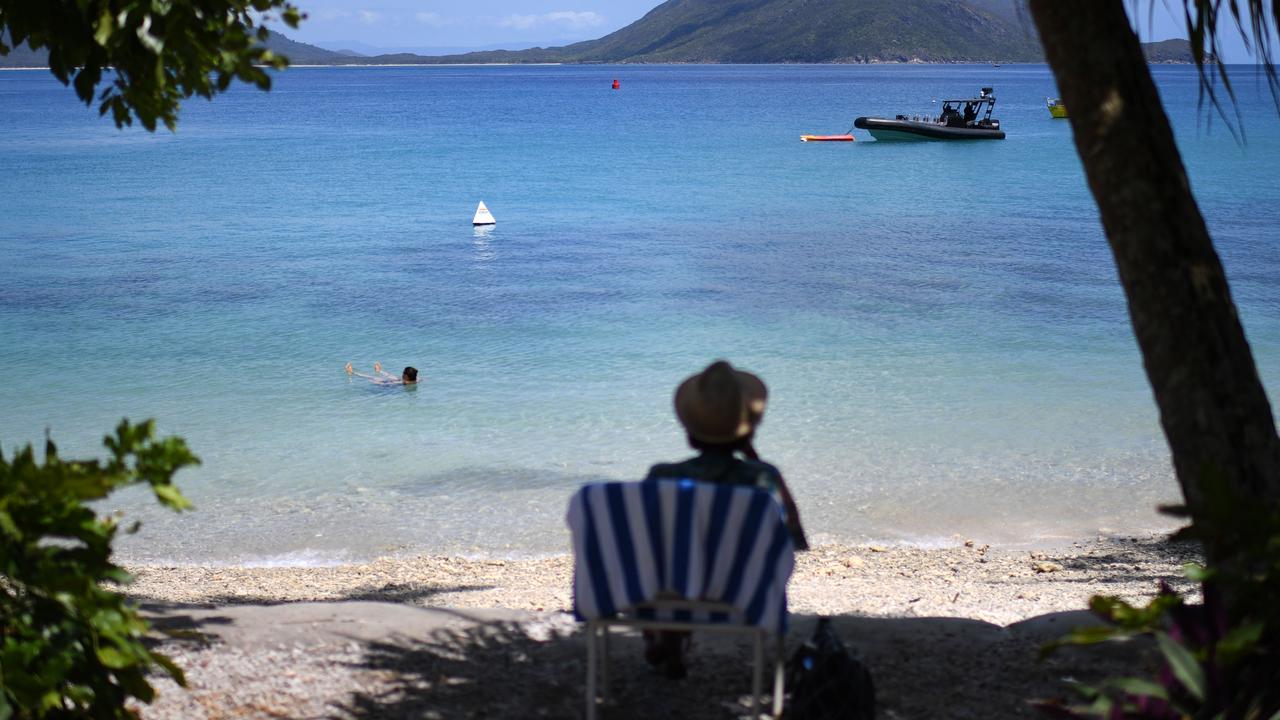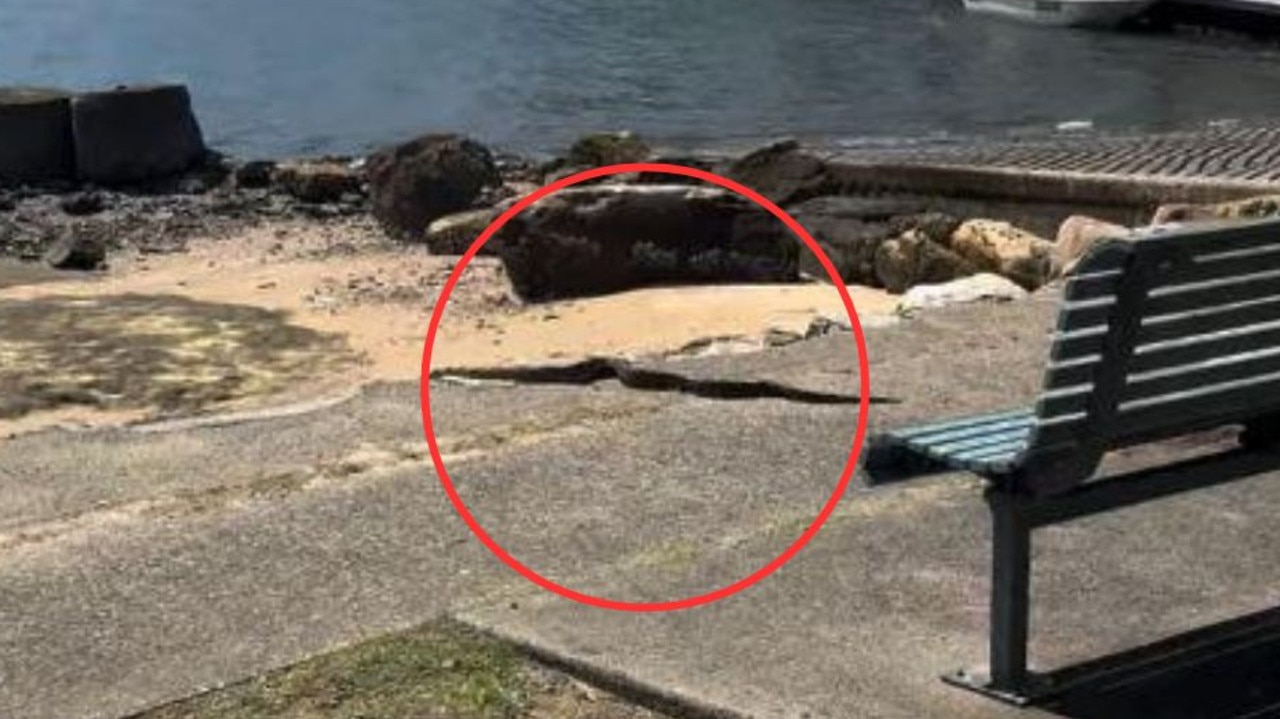High prices, tricky logistics and state-led rules lock many Aussies out of international travel
Australians will soon be able to travel overseas, but there are four issues that may stop people from making the most of the international border opening.
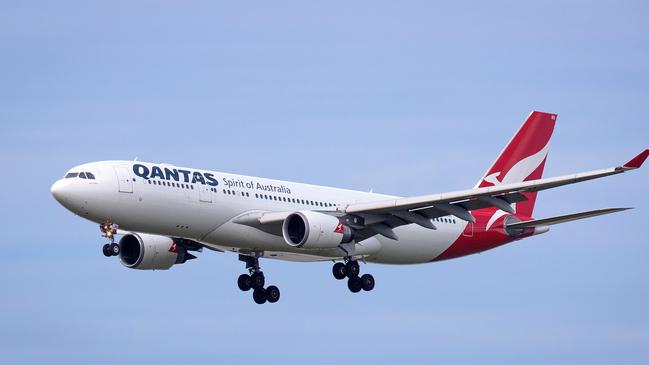
Many Australians are ecstatic about the international border reopening next month, but the logistics of travelling in and out of the country are likely to prove complex and frustrating.
Australia’s remoteness, stopover destinations, the costliness of flights and quarantine, and the residency requirements of international travel will be a barrier for many.
Prime Minister Scott Morrison said last Friday the international border would reopen at some point in November. The exact reopening date will depend on states’ internal vaccination rates.
“The time has come to give Australians their lives back,” Mr Morrison said.
But many Australians are confused, wondering if overseas travel will even be a realistic option for them once the border reopens.
These are the four biggest barriers stopping you from travelling overseas.
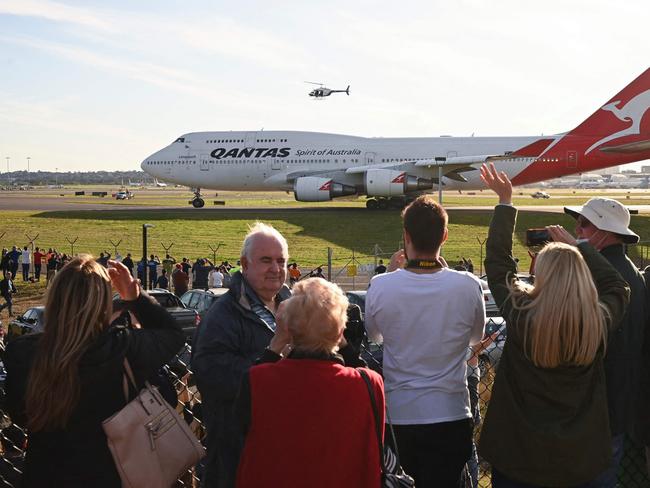
High prices
Flying in and out of the country and then quarantining for seven days on return is likely to come at a prohibitively high price for many.
While the Australian Competition and Consumer Commission says it will be keeping a watchful eye out for price gouging from airlines, the price of plane tickets is still likely to be significantly higher than Australians were used to pre-pandemic.
Discount deals, free upgrades and last-minute cheap tickets are unlikely to be available, as demand for a plane ticket outstrips supply during the initial months of reopening.
The seven-day home quarantine requirement on return to Australia will also be a significant financial blow for many.
If your job does not allow you to work from home, you will have to take another seven days leave on top of your holiday just to abide by quarantine rules.
People living far away from an airport, particularly those in regional and remote areas, can also expect the price of home quarantine to soar.
Travelling on public transport from the airport to your home is unlikely to be permitted, meaning return travellers will likely have to rely on hire cars, airport parking, or household members to get them from the airport and into home quarantine.
Australia’s remoteness: Layover problems
Australia’s remote location has meant that layovers and indirect flight routes are an unavoidable part of international transit for Aussie travellers.
But in the post-pandemic world, logistics of trying to get to somewhere like Europe or the UK will be even more difficult.
Not only will travellers have to be aware of the public health restrictions at home and in their destination country, they will also have to consider the risks and restrictions of transit countries.
While many international flights from Australia previously relied on layovers in Southeast Asia and the Middle East, many of these countries have low vaccination rates and are continuing to struggle with significant outbreaks of the Delta variant.
People from around the world will also be passing through these travel hubs, making them high-risk environments for the transmission of Covid-19.
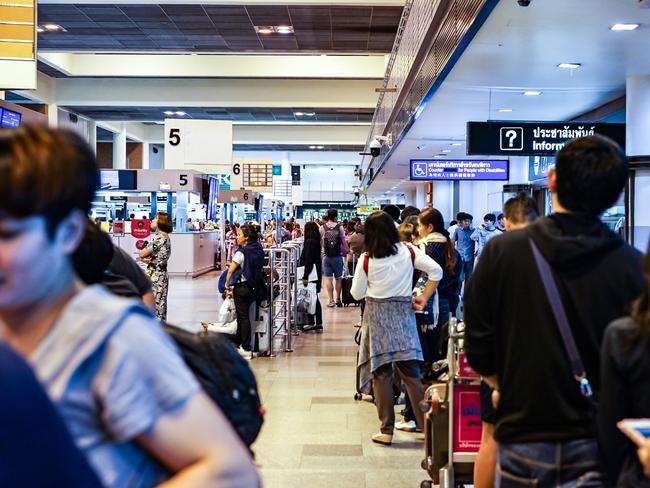
State-by-state system
The Prime Minister has announced international borders will reopen next month for states that reach 80 per cent full vaccination coverage.
So far, NSW is the only state that is predicted to reach the 80 per cent target before the start of November.
For residents of the Northern Territory, Queensland, and South Australia, international travel won't be an option until December 2021 or even January 2022 if their current pace of vaccination remains.
And for residents of Western Australia and Tasmania, the wait is likely to be even longer.
West Australian Premier Mark McGowan has said he will keep his state’s borders closed until next year – even if they reach the 80 per cent vaccinated target before then.
“With NSW having very high levels of infection … the view is if people from NSW want to fly overseas and come back, they're really not adding to the risk. We’re not going to do this at this point of time,” Mr McGowan said.
Tasmanian Premier Peter Gutwein has also said he won't be following the 80 per cent target, insisting his state will not reopen until 90 per cent of its residents are fully vaccinated.
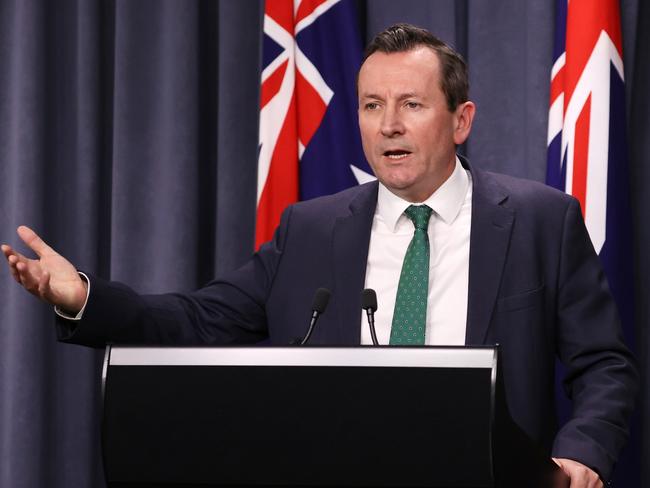
Residency and vaccination rules
According to Mr Morrison, only Australian citizens and permanent residents who are fully vaccinated will be able to participate in the international travel-home quarantine scheme.
Unvaccinated and single-dosed Australians will have to foot the costly bill of a 14-day hotel quarantine on return if they wish to travel internationally.
Those aged under 12 or people who are medically exempt from the vaccine will be the only exceptions to the jab rule.
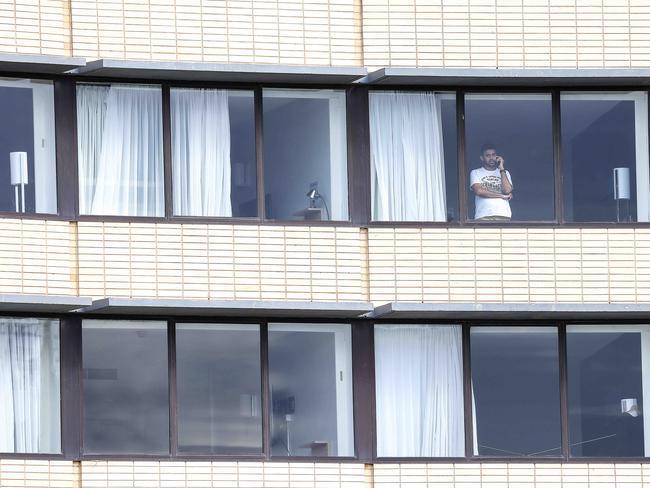
But for Australia’s temporary residents – many of whom are desperate to be reunited with loved ones overseas – no exemptions have been announced.
The changes to international travel only apply to Australian citizens and permanent residents. This means that if someone on a visa decides to leave the country, they will not be allowed to return.

